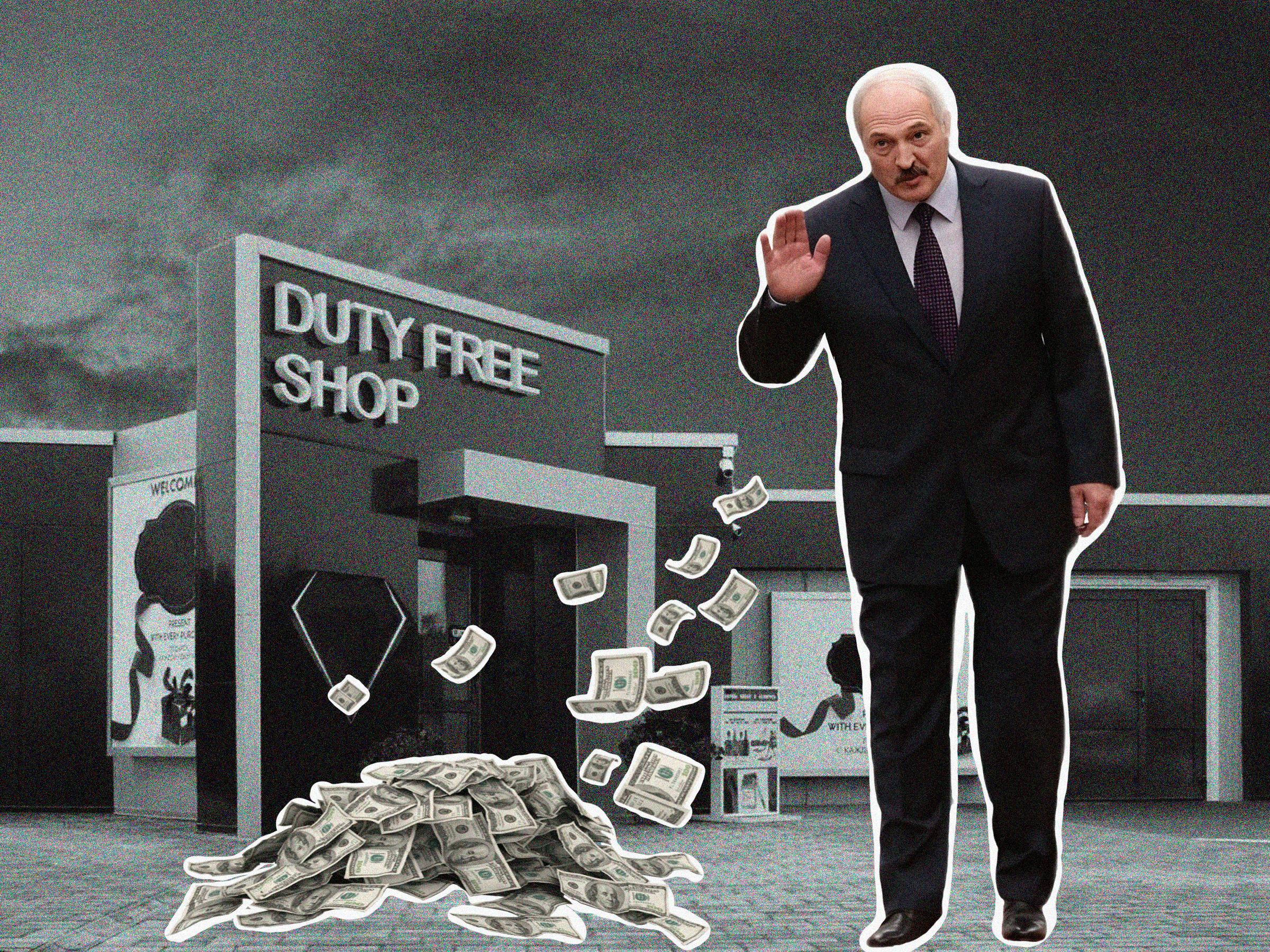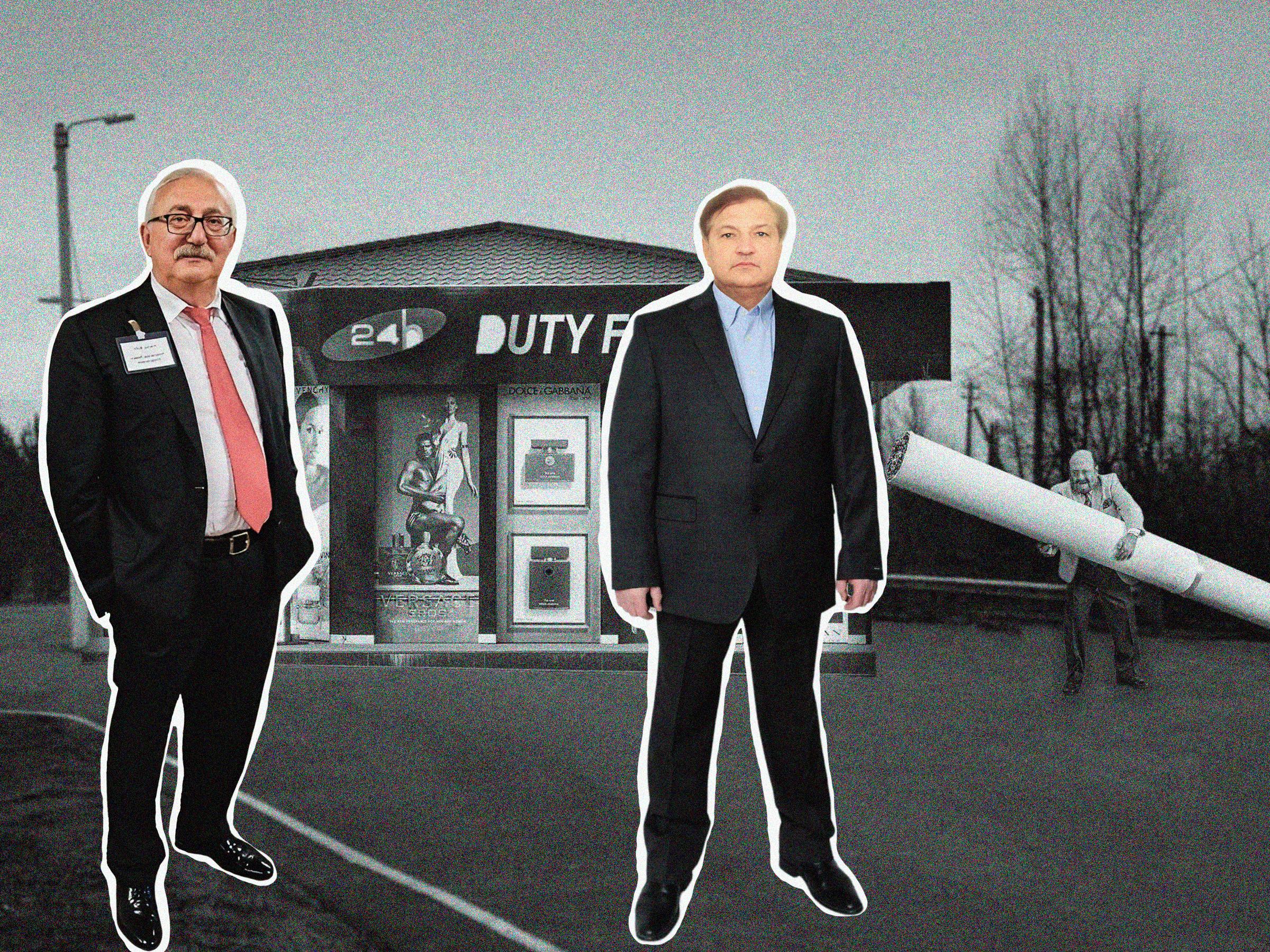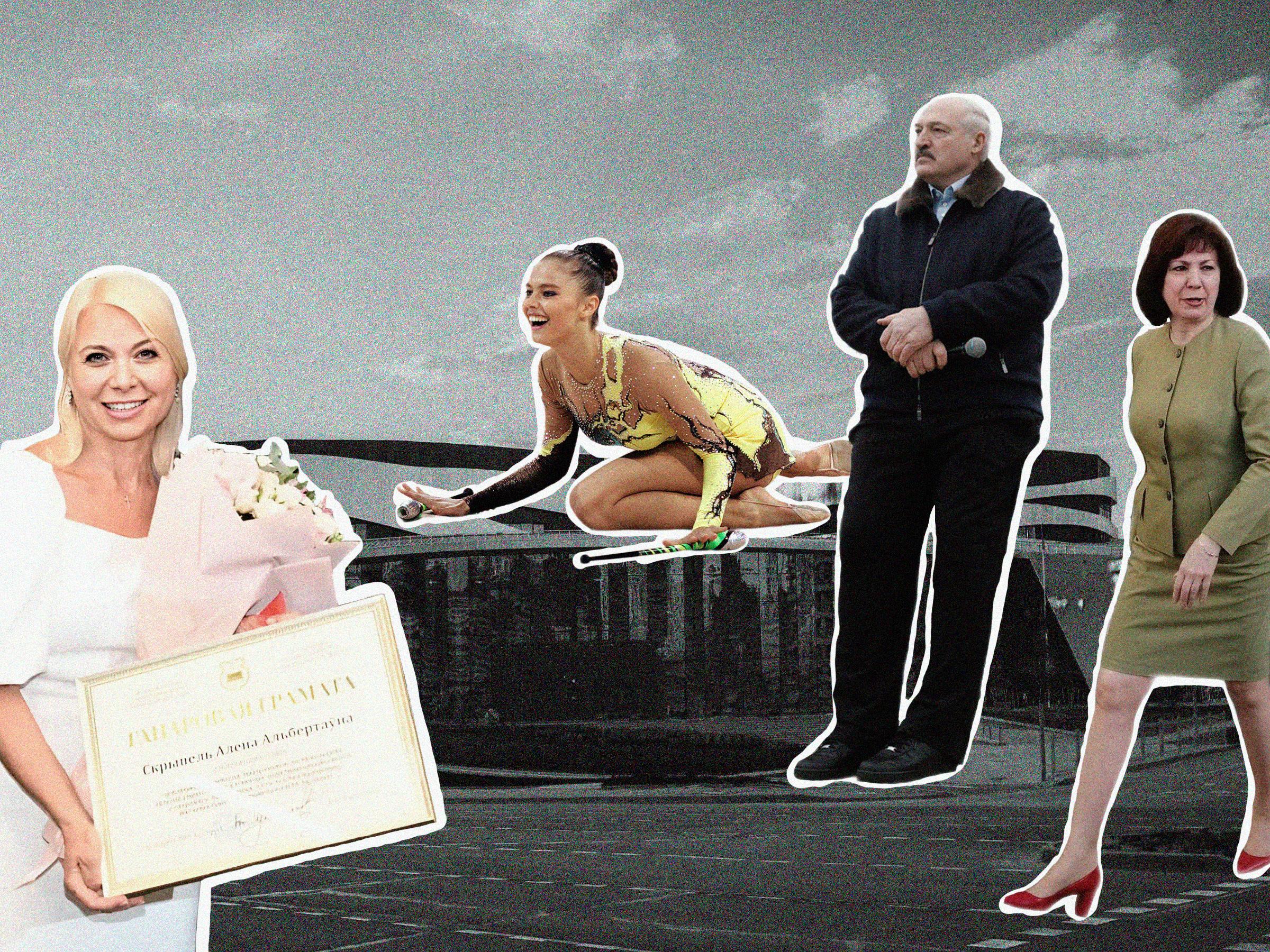This investigation was conducted with the support of the activist group CyberPartisans.
On January 5, Lukashenko signed a law that abolished a monopoly on selling alcohol in duty-free shops. When it comes into effect on July 11, new players may enter this market. However, the law does not specify who and under what conditions.
Since 2008, private companies, including one owned by businesswoman Helen Skripel, have been allowed to enter the duty-free market alongside a state-owned company. In July 2022, she was joined by an Emirati offshore company and the Tabak-Invest company. The owners of Tabak-Invest, Pavel Topouzidis and Victor Petrovich, were targeted by US sanctions in 2023 as key "moneybags" for Lukashenko and his regime.
President makes the rules
Until 2007, duty-free shops in Belarus were not only located at the border crossings and airports. Reminiscent of the Soviet Beryozka chain of shops, they operated inside Minsk, catering mainly to foreign diplomats. In 2005, the State Control Committee began reporting irregularities in their work. For example, 60% of duty-free alcohol illegally ended up on the domestic market in Belarus, where it was being resold.
More than 50 duty-free shops were closed in 2007. In 2008, Lukashenko established a monopoly on duty-free sales. The exclusive rights were granted to Dipmarket, controlled by the Directorate of Presidential Affairs, Somlen and Bela Trading Duty Free. Four years later, the same decree added a private company, Helena Valery, to the list of special operators. One of the main conditions for opening a shop was to contribute 10% of the operator's turnover to the public purse on a quarterly basis.





